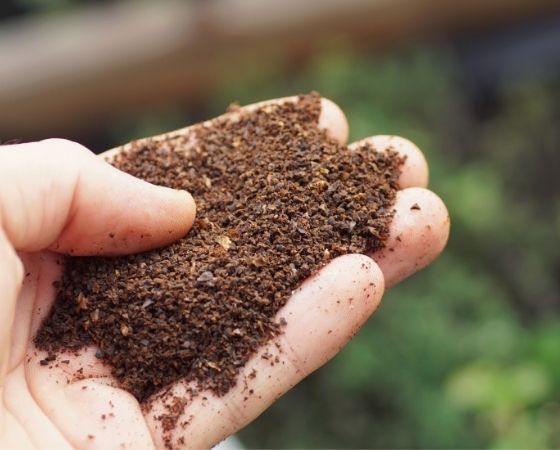Grounds for Growth: How to Reuse Coffee Grounds in Your Garden

Are you a coffee lover looking for a sustainable way to boost your garden's growth? Look no further than your morning brew! Coffee grounds are not just for brewing a perfect cup; they can also work wonders in your garden. Let's dive into how you can harness the power of coffee grounds to nourish your plants and soil.
Preparing Your Coffee Grounds
Before you can use coffee grounds in your garden, it's essential to prepare them properly. Start by collecting used coffee grounds from your daily brew. Allow them to dry out to prevent mold growth and make them easier to work with.
How to Apply Coffee Grounds
Once your coffee grounds are dry, it's time to put them to use in your garden. There are a couple of ways you can do this:
- Direct Application: Simply sprinkle the coffee grounds around the base of your plants. Be sure to spread them evenly to avoid clumping.
- Mix with Compost: Coffee grounds can be added to your compost pile to enhance its nutrient content. Mix them in with other organic materials to create a nutrient-rich compost for your garden.
- Mulching: Use coffee grounds as a natural mulch to help retain moisture in the soil and suppress weed growth. Apply a layer of coffee grounds around your plants, taking care not to pile them too high around the stems.
Benefits for Your Garden:
Using coffee grounds in your garden offers a variety of benefits:
- Nutrient Boost: Coffee grounds are rich in nitrogen, potassium, and other essential nutrients that plants need to thrive.
- Improves Soil Structure: Coffee grounds help to improve soil structure by increasing its ability to retain water and nutrients.
- Repels Pests: Some garden pests, such as slugs and snails, are deterred by the caffeine found in coffee grounds, making them a natural pest repellent.
- Encourages Earthworms: Earthworms are attracted to the organic matter in coffee grounds, which helps to aerate the soil and improve its fertility.
Dos and Don'ts:
Many plants (but not all) benefit from the addition of coffee grounds.
Plants that love them:
- Acid-Loving Plants: Coffee grounds are slightly acidic, making them ideal for acid-loving plants such as azaleas, rhododendrons, blueberries, and roses.
- Vegetables: Tomatoes, peppers, carrots, and other vegetables can all benefit from the nutrient boost provided by coffee grounds.
- Perennials: Plants like hydrangeas, ferns, and hostas thrive with the addition of coffee grounds to the soil.
Plants that may not appreciate them:
- Plants That Prefer Alkaline Soil: Avoid using coffee grounds around plants that prefer alkaline soil, including some vegetables like asparagus and beets.
- Young Seedlings: Coffee grounds can be too strong for young seedlings, so it's best to wait until plants are established before applying them.
In conclusion, coffee grounds are a valuable resource for any gardener looking to boost their garden's growth naturally. By preparing your grounds correctly and applying them strategically, you can enjoy healthier plants and a thriving garden all season long. So, the next time you make your morning cup of joe, don't toss those grounds—put them to work in your garden instead!

